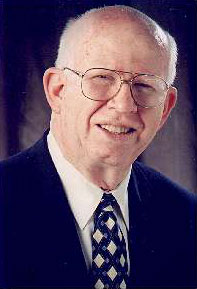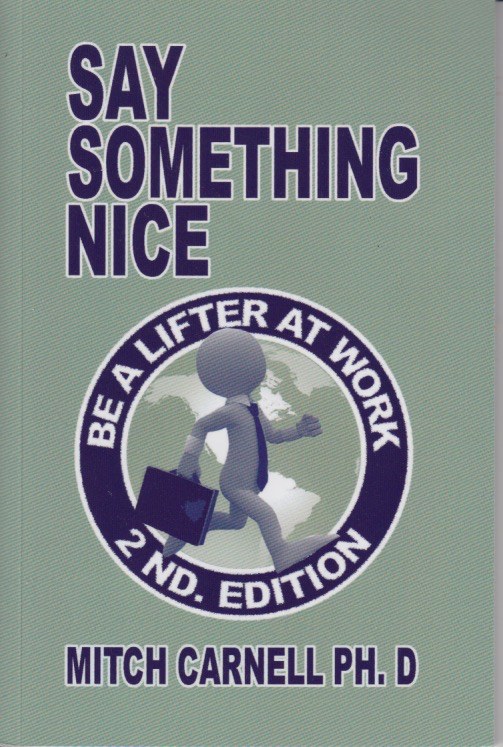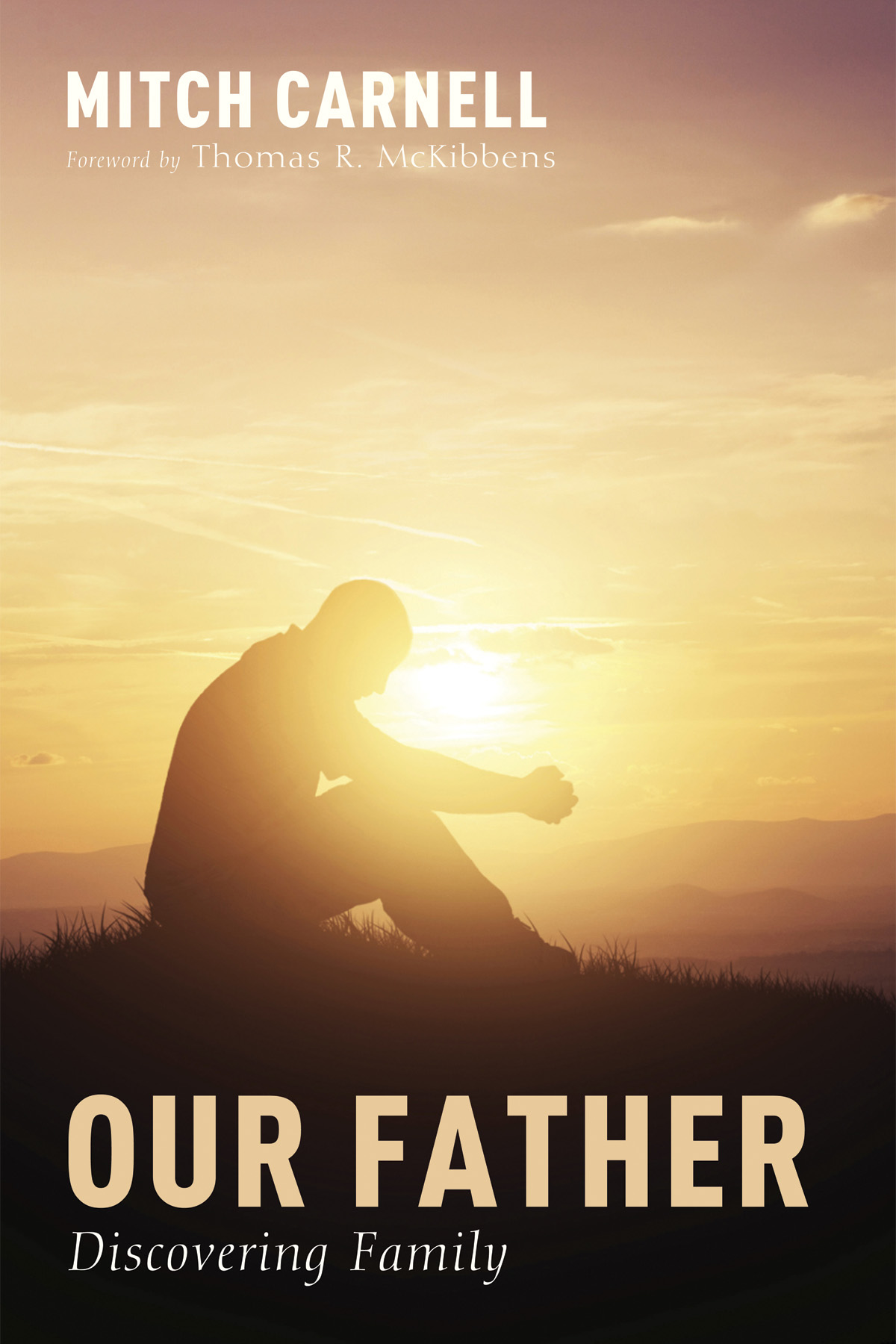The 11th. Annual Say Something Nice Sunday is the first Sunday in June. Every church, denomination, religious organization or group fostering greater harmony and goodwill are encouraged to join. There are no fees or anything to buy. We are just trying to make the world a safer and happier place to live.
The movement began at First Baptist Church of Charleston and was adopted by the Charleston County Baptist Association. The Charleston/Atlantic Presbytery joined followed by the Disciples of Christ and the Catholic Diocese of Charleston which includes all of South Carolina. Many American Baptists, Episcopal, Lutheran and Methodists churches around the country joined. Recently Green Lake Conference Center in Green Lake, Wisconsin and Louisiana College in Alexandria, Louisiana have joined the movement.
Everyone can use a word of encouragement, a smile or a pat on the back. That is our purpose. Everybody is somebody. You are unique, one of a kind. You make our lives better. That is the message we want to send.
Please join us. Free materials are available at www.fbcharleston.org. Click on Messages/Resources at the top of the page then scroll down to Say Something Nice Sunday. There you will find, Bible verses, devotionals, suggestions for use, art work and the purpose of the celebration. You are encouraged to create your own materials and share them. Send to lori@fbcharleston.org.








